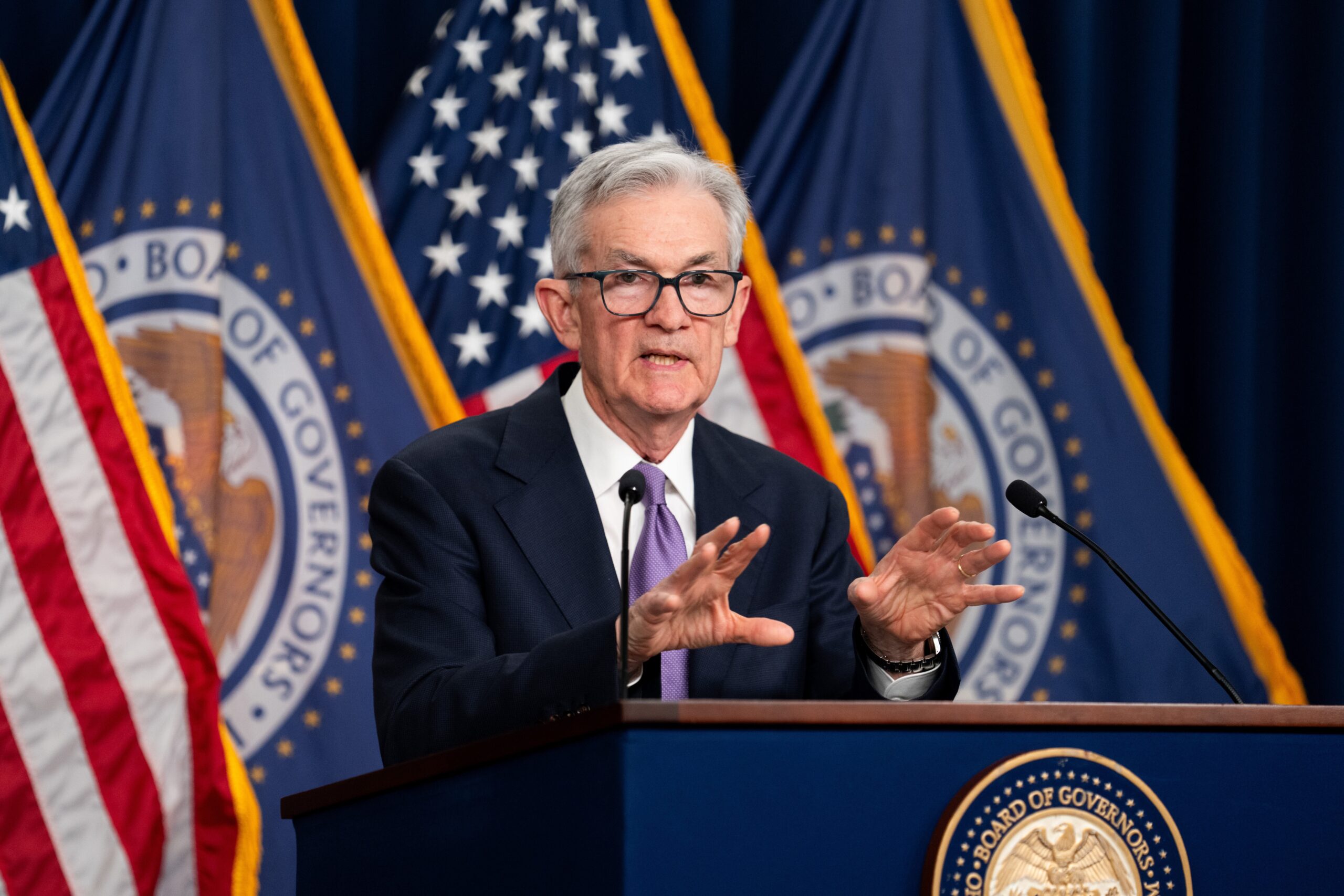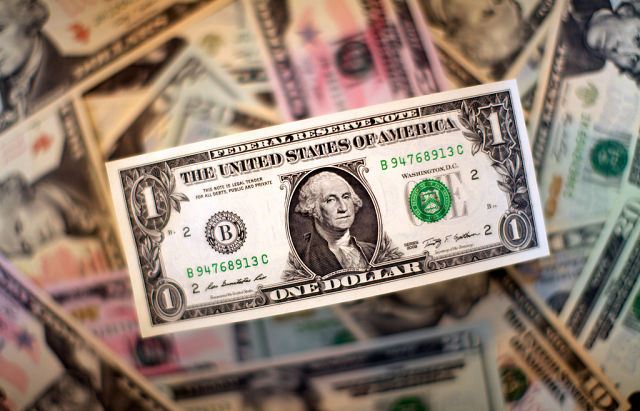FRANKFURT, Germany (AP) — Europe’s economy perked up slightly at the start of the year, recording 0.3% growth in the January-March quarter compared to the last three months of 2023 as the inflation burden on consumers eased and the stagnating German economy, the continent’s biggest, started to show modest signs of life.
The 20-country eurozone recorded its strongest performance since the third quarter of 2022 and improved on shrinkage of 0.1% in each of the last two quarters of 2023, according to official figures released Tuesday by the European Union’s statistical agency Eurostat.
The economy had been held back by high inflation that has sapped consumer purchasing power, and by an energy price spike related to Russia cutting off most supplies of natural gas.
Those headwinds have eased as energy prices have fallen and as inflation fell to 2.4% in April. But record high interest rates from the European Central Bank aimed at driving down inflation added another hurdle by raising the cost of credit for businesses and consumers.
Inflation is now not that far from the goal of 2% set by the European Central Bank, leading to speculation that the central bank for the eurozone may cut its benchmark rate in June from its current record high of 4%.




